Help My Wife Fight Leukemia & Lymphoma
Seventeen years ago, my mom was diagnosed with Non-Hodgkins Lymphoma. It's hard to believe it's been that long and sometimes I'm afraid to talk about how lucky we've been. In 2003, she received treatment with a then-experimental drug called Rituxan, which has kept her cancer at bay. Drugs like this exist thanks in part to organizations like the Leukemia Lymphoma Society and, of course, to the dollars that are donated by you.
On June 13, 2015, I'll be running a 10K in Central Park with Moms in Training, a fundraising program that benefits The Leukemia & Lymphoma Society (LLS). With your help, I will raise $10,000 toward the fight against blood cancers. I'm running for life. I'm running for my mom and for the 150,000+ others who will be diagnosed this year and need lifesaving drugs, patient education and services. Please help me reach my goal. Every dollar is a step in the right direction. Approximately every 3 minutes someone in the United States is diagnosed with blood cancer. We need a cure and we need it now.
Please click here to donate $20 or more to help me reach my $10,000 goal. Donate to support me and donate to support the enormous battle against blood related cancers that we are fighting. We can do this!
Thank you in advance. I'm so grateful that I can count on you.
Best,
Gillian
Eric Fixler Responds to 'Pull a Fixler'
Pulling A Fixler hasn’t [yet] entered the mainstream vocabulary in the way that pulling pork has, but it’s clearly resonating among the lot of us who find too much of our time, creative energy, and productive output neutralized by ill-conceived and poorly run meetings. I get that.
Taking control of your time is a powerful act, particularly in tandem with an expression of integrity and competence, both of which are wrapped in the core of Pulling A Fixler. It’s also a loosening of the grips of both FOMO and careerism, and declaring that you know that you’re not actually missing anything, career consequences be damned.
Many of us find ourselves voiceless inside organizations that are needlessly and illogically off the rails. Etsy in 2011 had gone through 3 CEOs in 3 years, and you’d be hard pressed to find anyone who thought it was in a healthy organizational state, or anyone who believed that the level of success that the company has seen under Chad Dickerson was inevitable or assured.
This guest post by Eric Fixler is in response to my blog post, which has managed to go pretty viral over the past six weeks. -Jesse
“Pulling A Fixler is a well-intentioned and maybe even effective antidote to a suboptimal situation, but it’s not the best way.”
Pulling A Fixler hasn’t [yet] entered the mainstream vocabulary in the way that pulling pork has, but the concept is clearly resonating among the lot of us who find too much of our time, creative energy, and productive output neutralized by ill-conceived and poorly run meetings. I get that.
Taking control of your time is a powerful act, particularly in tandem with an expression of integrity and competence, both of which are wrapped in the core of Pulling A Fixler. It’s also a loosening of the grips of both FOMO and careerism, and declaring that you know that you’re not actually missing anything, career consequences be damned.
Many of us find ourselves voiceless inside organizations that are needlessly and illogically off the rails. Etsy in 2011 had gone through 3 CEOs in 3 years, and you’d be hard pressed to find anyone who thought it was in a healthy organizational state, or anyone who believed that the level of success that the company has seen under Chad Dickerson was inevitable or assured.
“Saying no at work is a million times more complicated than ducking out of a meeting, because it cuts to issues of hierarchy, integrity, intent, communications, and tribal competition.”
In that context, Pulling A Fixler becomes what one insightful colleague of mine calls a Larry David Moment. I didn't at first believe that the apparently well-adjusted types with whom Pulling A Fixler struck a chord could have an internal Larry David struggling to show itself. The umpteen reposts, high-fivey emails, slides devoted to Pulling A Fixler in management-practice decks, and the Pulling A Fixler cutout cards that have come my way over the past few weeks have proven me wrong in this regard.
I’m here to tell you that Pulling A Fixler is a well-intentioned and maybe even effective antidote to a suboptimal situation, but it is not the best way. It’s also something I haven’t done in years, in part because I’ve evolved as an individual, and in part because my role in the professional universe is different now than it was then.
Walking out of a meeting in-progress should be an approach of last resort. At best it’s awkward, at worst it’s rude. The truth is, you may need to walk out of a meeting sometimes, and it may be the right thing to do, but if you’re already there, your victory in leaving will be at best partial, and at worst pyrrhic.
“As a manager, you should be enhancing workplace rhythm, not disrupting it.”
In reality, the outcomes of “The Fixler” are mixed. You might feel empowered, but that’s mostly ego. You might get a little bit more done, but you already interrupted your flow to get to the $#*%^ meeting. You might send a message, but its effectiveness will be diminished by the friction generated by the act itself. You haven't created any dialogue. The witnesses to your act may empathize with you, but they won’t all be as perceptive and reflective as Jesse Hertzberg.
As an invitee, the right thing to do — and at its root this whole topic is really about doing what’s right — is to bow out of the meeting ahead of time, and make sure that you really know the meeting context and that the meeting organizer understands that you won’t be there and why.
If the right time to decline is ahead of time, and the invitee can accept some responsibility for communicating, we’re really not talking about meetings at all anymore. We’re talking about saying ‘no’. And saying no at work is a million times more complicated than ducking out of a meeting, because it cuts to issues of hierarchy, integrity, intent, communications, and tribal competition that 'The Fixler' doesn’t even begin to touch.
Saying ‘no' — in particular when saying no is authentically believed to be the right thing to do for the collective effort — deserves its own conversation. For now, let me just assert what I think most of us know intuitively: A ‘No’ that means, “No, I don’t want to do that because it’ll detract from a more important effort,” is really a very high form of ‘yes’; and a ‘Yes’ that really means, “I’ll go along to get along,” is actually a very low form of ‘no’. It’s complicated.
Pulling A Fixler makes some sense because it takes place inside a particular circumstance where the intent and the integrity behind the ‘no’ are hard to misinterpret. It is a rare case of late binding in the space of office work. It feels powerful, and disrupts the lack of agency we feel when we get unwanted meeting invites from people above us on the organizational totem pole.
Not long after the events depicted in Jesse’s post, I switched to a different position on the organizational totem pole. I wouldn’t necessarily describe the move in vertical terms — our totem poles at Etsy were sort of 3-dimensional — but I was a manager (again). More to the point, I was now a scheduler, not just an invitee.
There’s a time and a place for meetings. Work is made of people, and getting together is necessary sometimes. It can also be collaborative and challenging and interesting and productive and zesty.
As a scheduler I’ve tried to incorporate self-awareness about what made me walk out of those meetings into scheduling (dare I say organizing) my own meetings, including:
Make sure that the intent and goals of the meeting are clear ahead of time. You’d be amazed at how little I often knew ahead of time about the meetings I ‘Fixlered’.
Keep the invitee lists smallish, and make people optional. Too small is always better than too big.
The onus is on the organizer to justify people's presence. Make everyone optional if you can, or at least let people know that you are generally OK with them using their own judgment about whether they need to attend.
Keep a rhythm. If you’re frequently creating meetings at random times, with little or no lead time and inviting a lot of the same participants, you’re doing it wrong. For engineers, designers, writers, and others, getting into a zone is critical to happiness and performance. Having a regular-ish schedule, and knowing your schedule when you get to work in the morning are both components of a kick-ass day. As a manager, you should be enhancing workplace rhythm, not disrupting it, so use regular time slots as much as possible. Don't schedule less than a day in advance, unless it's truly urgent.
Get off the screens. Computers and phones help perpetuate lousy meetings by letting people be there when they're really not.
Keep setting an example by saying no, ahead of time, to meetings that aren't the best use of your time, and aren't in the best interest of your company. My best self is honest and respectful about the best use of time and about communicating that to others in the way that I would want it communicated to me. I do say no to meetings. It does raise people's hackles, but it also provides an opportunity to set an example and express real values about work and collaboration.
I’m not going to say that Pulling A Fixler isn’t sometimes justified or even necessary. I’m also not going to say that skipping meetings definitely isn’t going to hurt your career. It is reasonably obvious that Pulling A Fixler is not the best way to elevate yourself and those around you. It reflects, in part, being stuck in a shitty game. But if you know that, and it bothers you, there’s probably a different approach that you can come up with to set a better example and to raise the discourse of everyone around you.
If you’re organizing meetings thoughtfully you can almost certainly prevent the preconditions for an attendee Pulling A Fixler from ever transpiring. It is actually your responsibility to do precisely that, even if no one ever tells you as much.
You can’t make every meeting perfect, and you probably can’t fully erase FOMO and the career anxieties that come with it, but you can put them on the table and be honest about them. And being as honest as you can be is what’s going to enhance the collaboration and camaraderie that meetings are really meant to advance.
I'm sorry, but I have to go now.
My Creative Mornings Talk
Exhilarated and exhausted is how I felt all day after delivering this Creative Mornings talk last month at Spotify HQ. Exhilarated to have shared my ideas and to receive such a warm welcome from a crowd that was much larger than expected. Exhilarated to have so many friends and former co-workers show up to support me. But exhausted because these talks really require that you give generously of yourself. Thinking and writing and practicing are hard and tiring, for sure. Being vulnerable in front of a room of strangers even more so.
Thanks to the entire Creative Mornings team for giving me this opportunity. Special thanks to my wife, Marc Maltz, Jane Praeger, and Marc Weitz for all their help in putting this talk together, and Bobby Jeffries for the beautiful slides. I learned a lot about public speaking and about myself. The best part? I can't wait to do it again.
My slides follow in the gallery below.
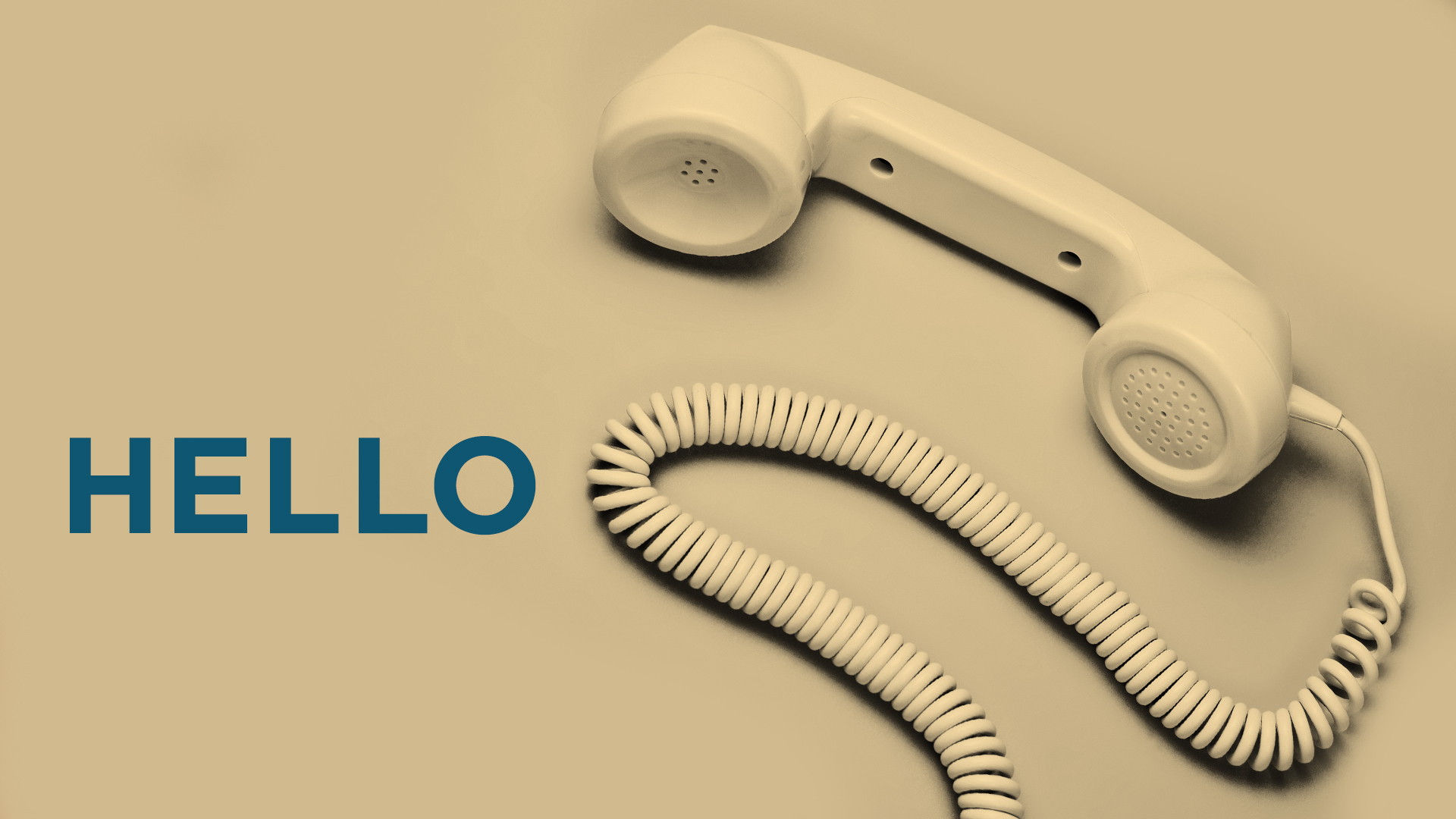

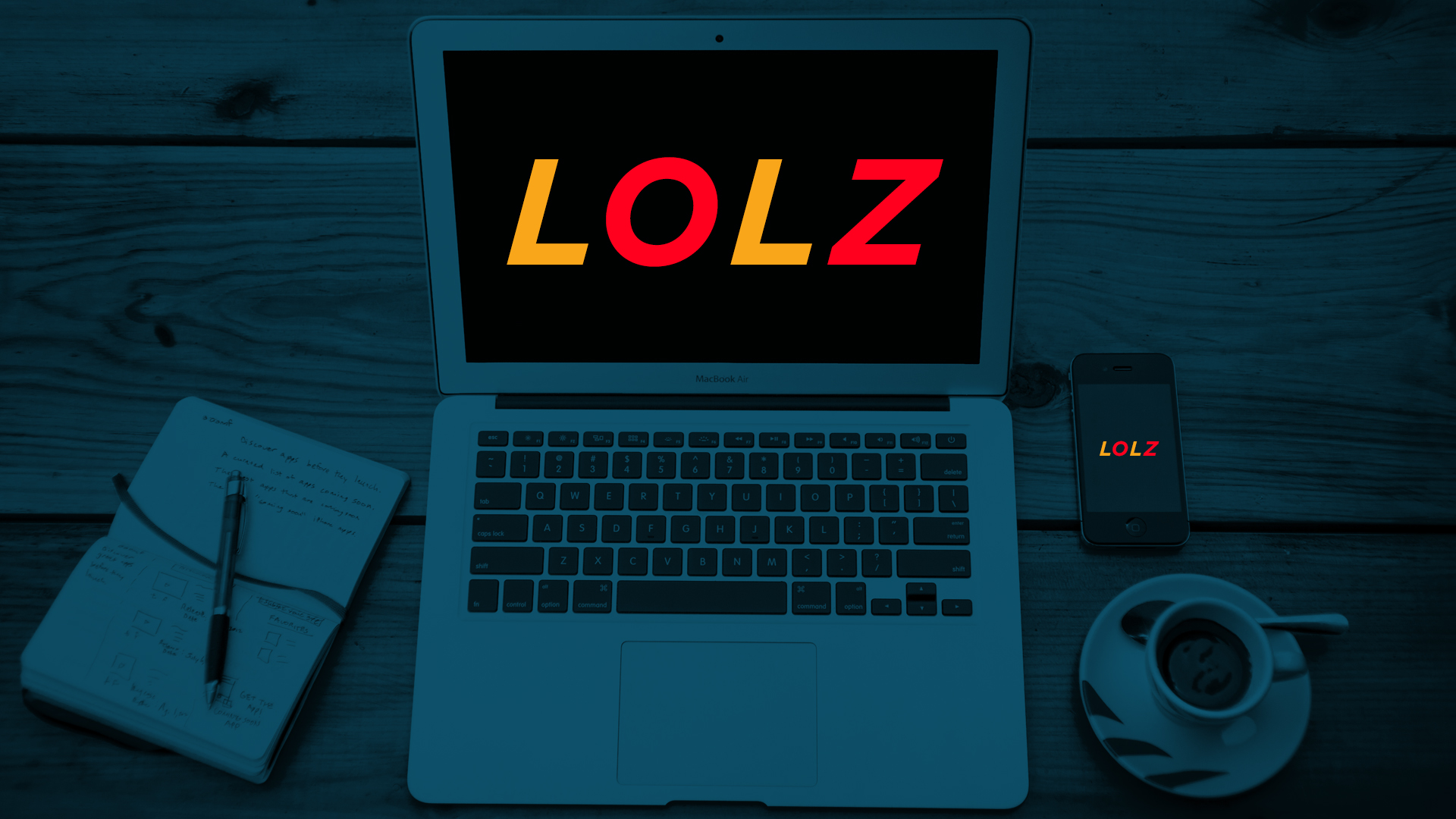
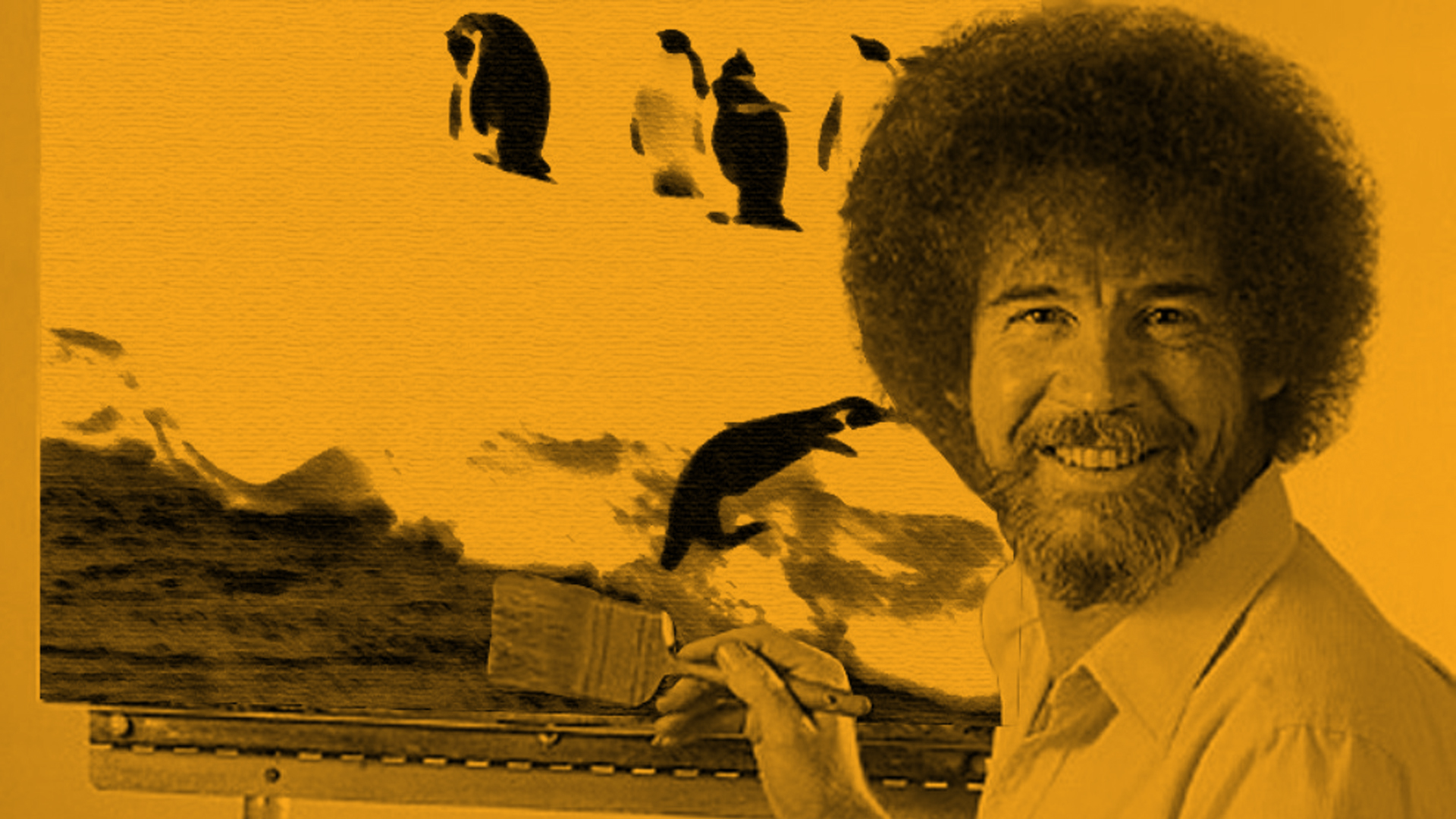
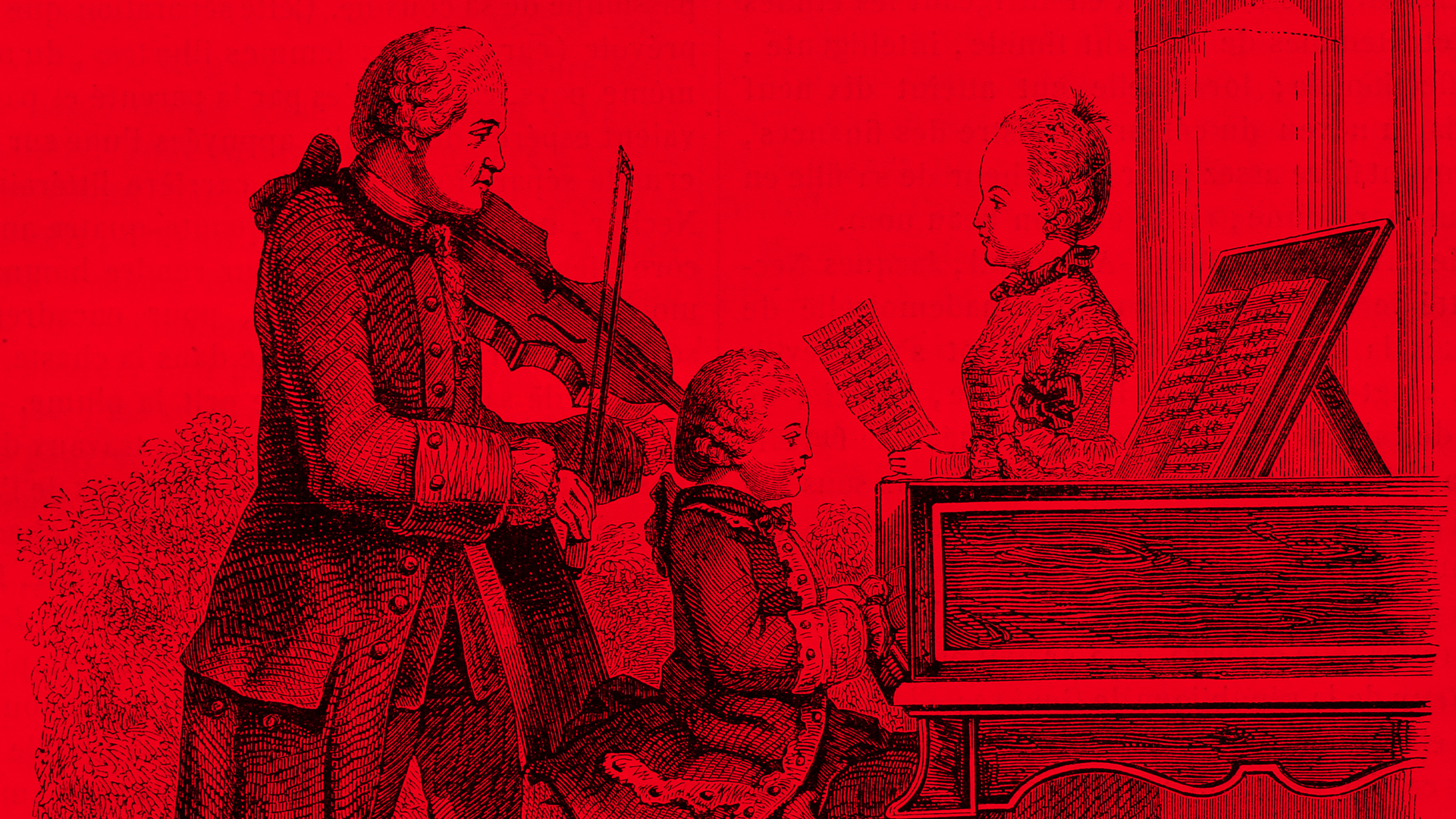





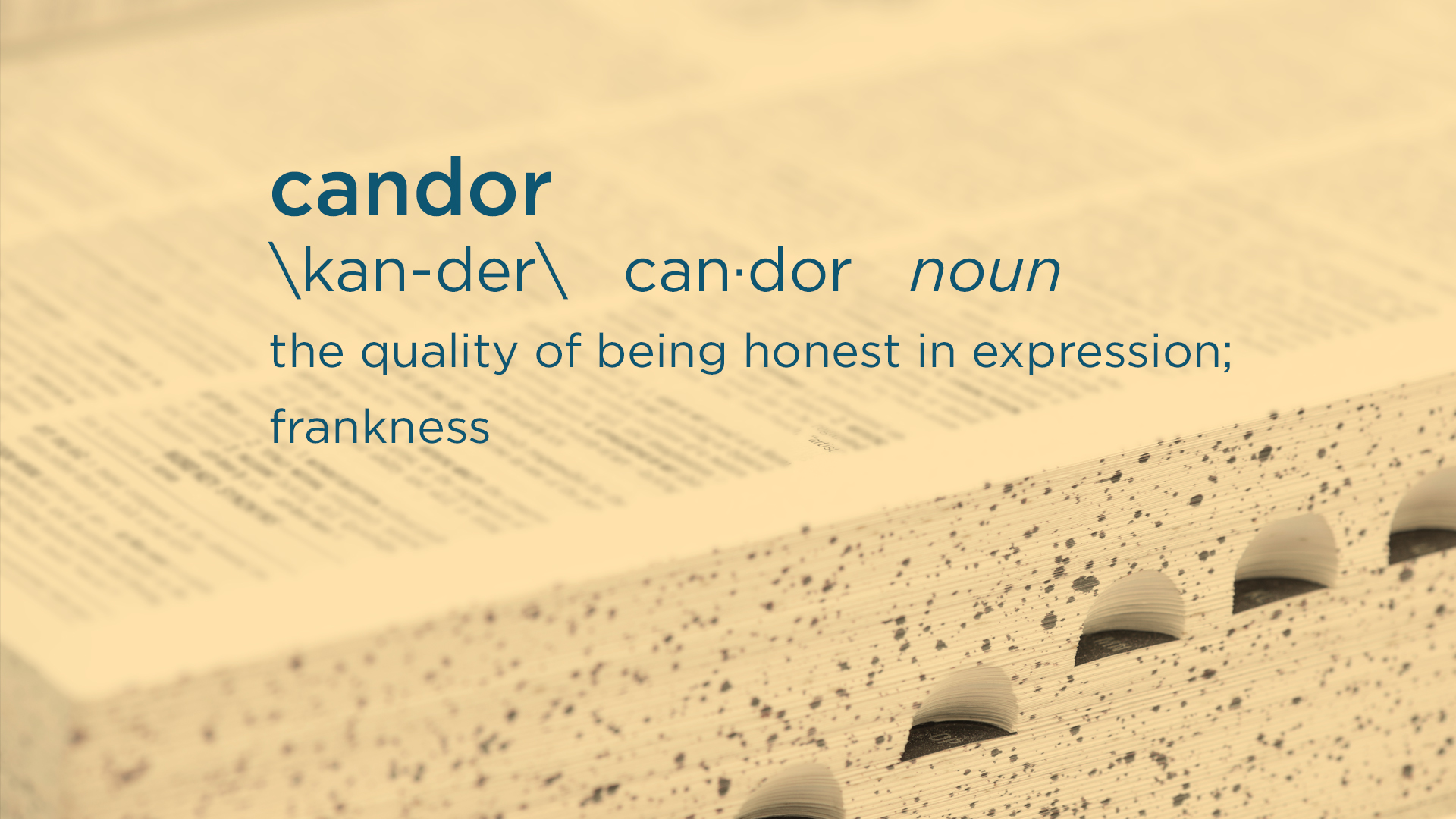
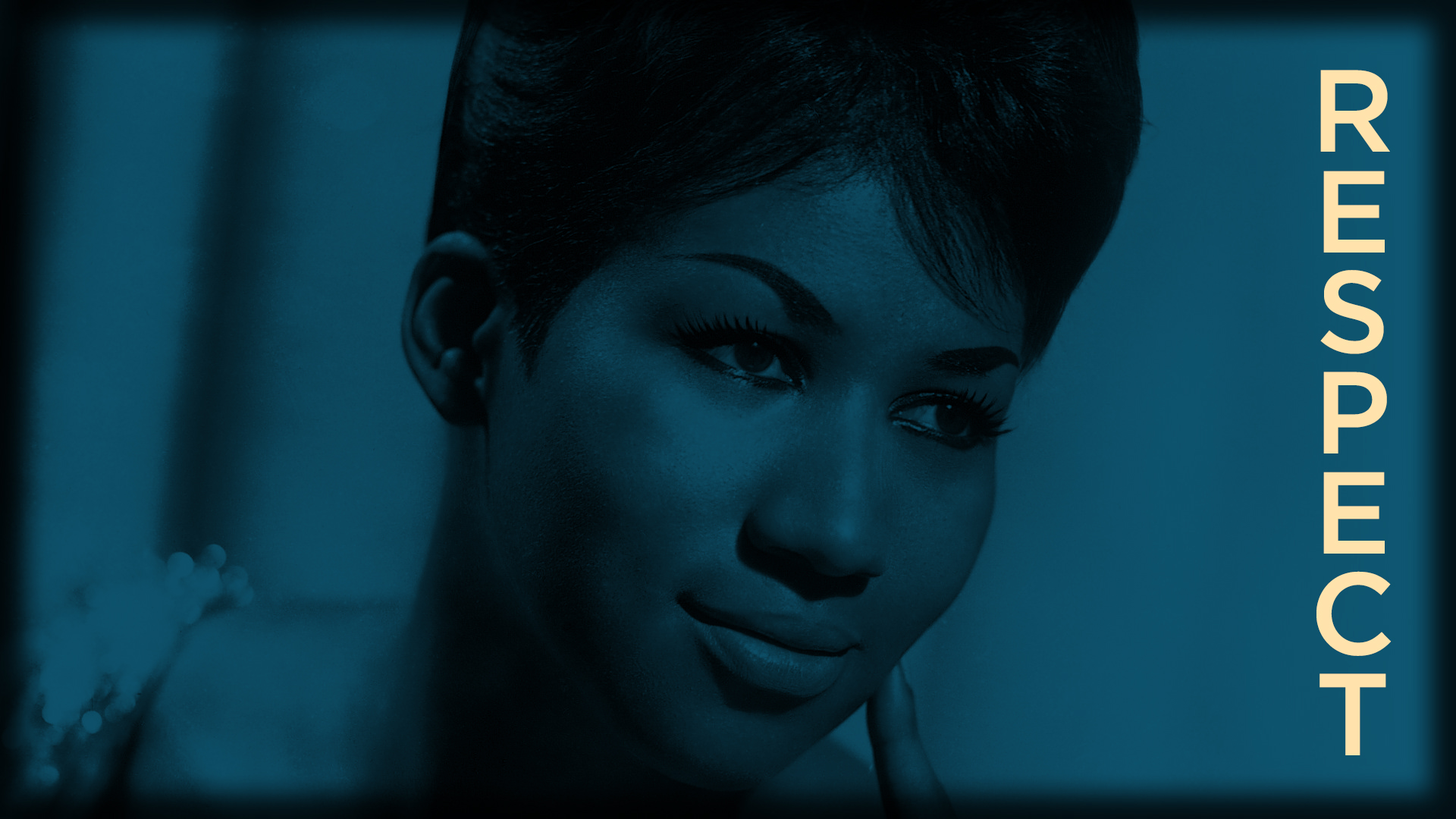






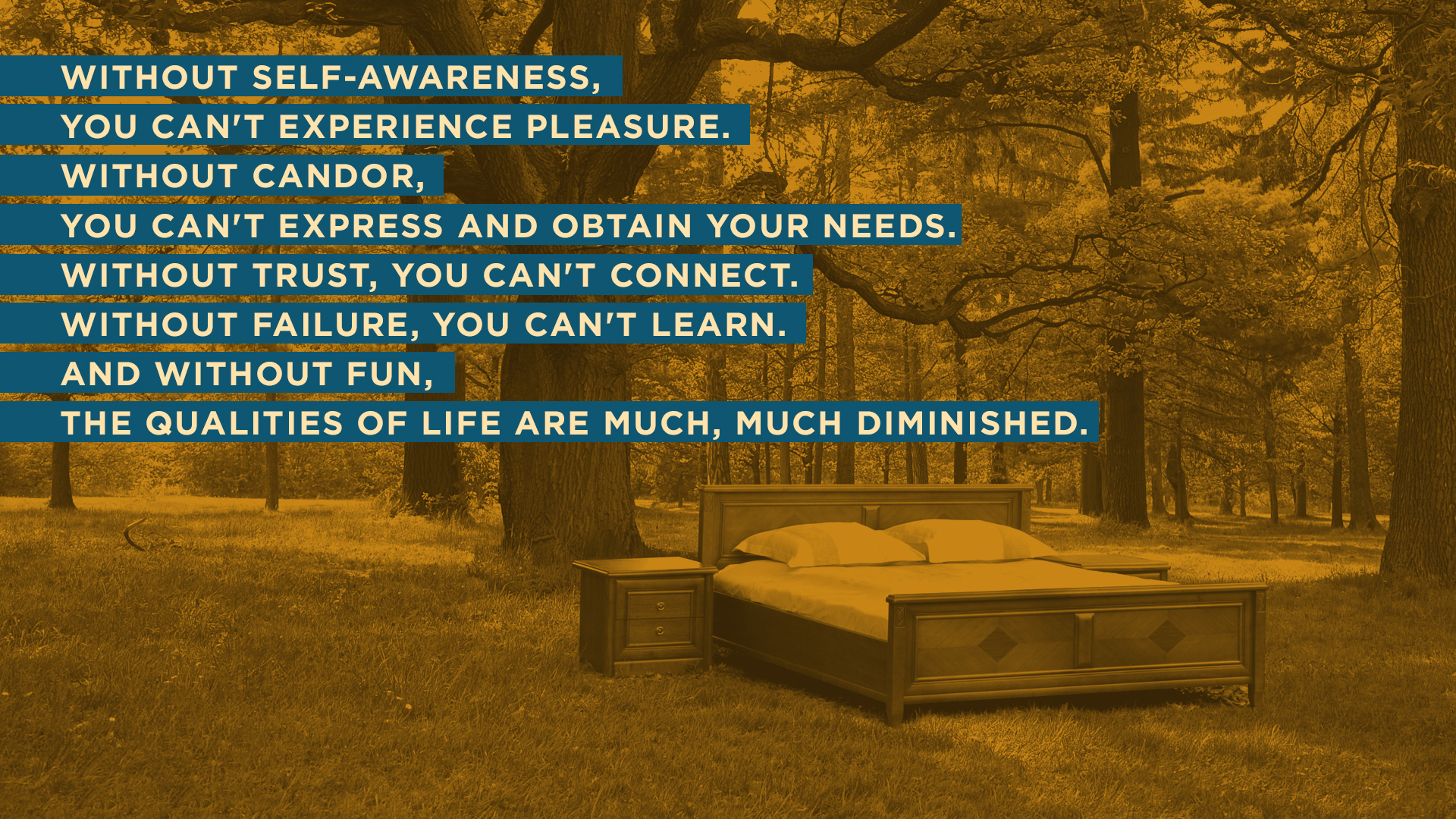

Disney's Approach to Lifetime Value
As I mentioned in my last post, we returned from a Disney Cruise a few weeks ago. All my east coast readers know how fortunate anyone who managed to find sun in February was. I've never felt more rejuvenated by vitamin D in my life.
The kids were beyond excited to see what Disney had in store for them (even our 8 year old). All I could picture was an endless array of princesses and theme parks dedicated to picking my pocket.
As I mentioned in my last post, we returned from a Disney Cruise a few weeks ago. All my east coast readers know how fortunate anyone who managed to find sun in February was. I've never felt more rejuvenated by vitamin D in my life.
The kids were beyond excited to see what Disney had in store for them (even our 8 year old). All I could picture was an endless array of princesses and theme parks dedicated to picking my pocket.
Instead I discovered science lab and cooking school, gaga and basketball, movies and live shows, swimming pools for toddlers and little kids and big kids, and dance party after dance party after dance party. Three generations of one family wearing a grin for four days. Parts of the ship were reserved for kids, with organized activities until midnight. Other parts were reserved for adults, with everything Grumps expect from a luxury vacation.
My biggest surprise came early in the cruise when it became abundantly clear Disney was focused on my returning for another cruise, rather than milking my family for every penny we were worth. We were not forced to walk through gift shops. We were not relentlessly subject to the sale of merchandise. In fact the only things my kids encountered to buy was popcorn for a show and a water pistol for the pool. I was happy to oblige.
Ironically for a business operated by Disney, the ultimate test for me came in the form of cocktails, which were basically the only thing on board you had to pay for. I've seen my fair share of double digit cocktail prices in NYC and while trapped in hotels and airport lounges. Imagine my expectations for the price of a drink on a boat in the middle of the ocean!
Much to my surprise, beers were a few bucks and cocktails five or six. Reasonable. Unlike the theme parks, Disney Cruise's strategy is designed to prioritize customer LTV over current income. And it worked. We may do it again in a few years when the kids are old enough to appreciate Alaska.
Disney Cruise management knows the basics: Never stop putting yourself in your customer's shoes. Never be afraid to trade short term thinking for long. And always be confident that building long-term customer relationships will unlock surprising value.
Disney and Cuba
Recently I was on vacation with my family. We took the three rugrats on a Disney cruise, and I couldn't recommend it more highly. I took these photos with my iPhone while on the trip.
You see, while we were sailing from Mexico to the Bahamas, our cruise ship came to a halt, and the crew of our ship rescued this raft from the middle of the ocean. On the raft were seven men trying to escape from Cuba to the United States. It turns out rafts are picked up all the time in the Caribbean. Men and women risking everything – literally everything – for better lives.
I didn't know this because I didn't stop to think about it. My grandparents survived the Holocaust, and my parents were made to leave Poland in the 50s and 60s. I am privileged and humbled to be in a position where my struggles are not about personal freedoms.
We all need reminders now and again.

